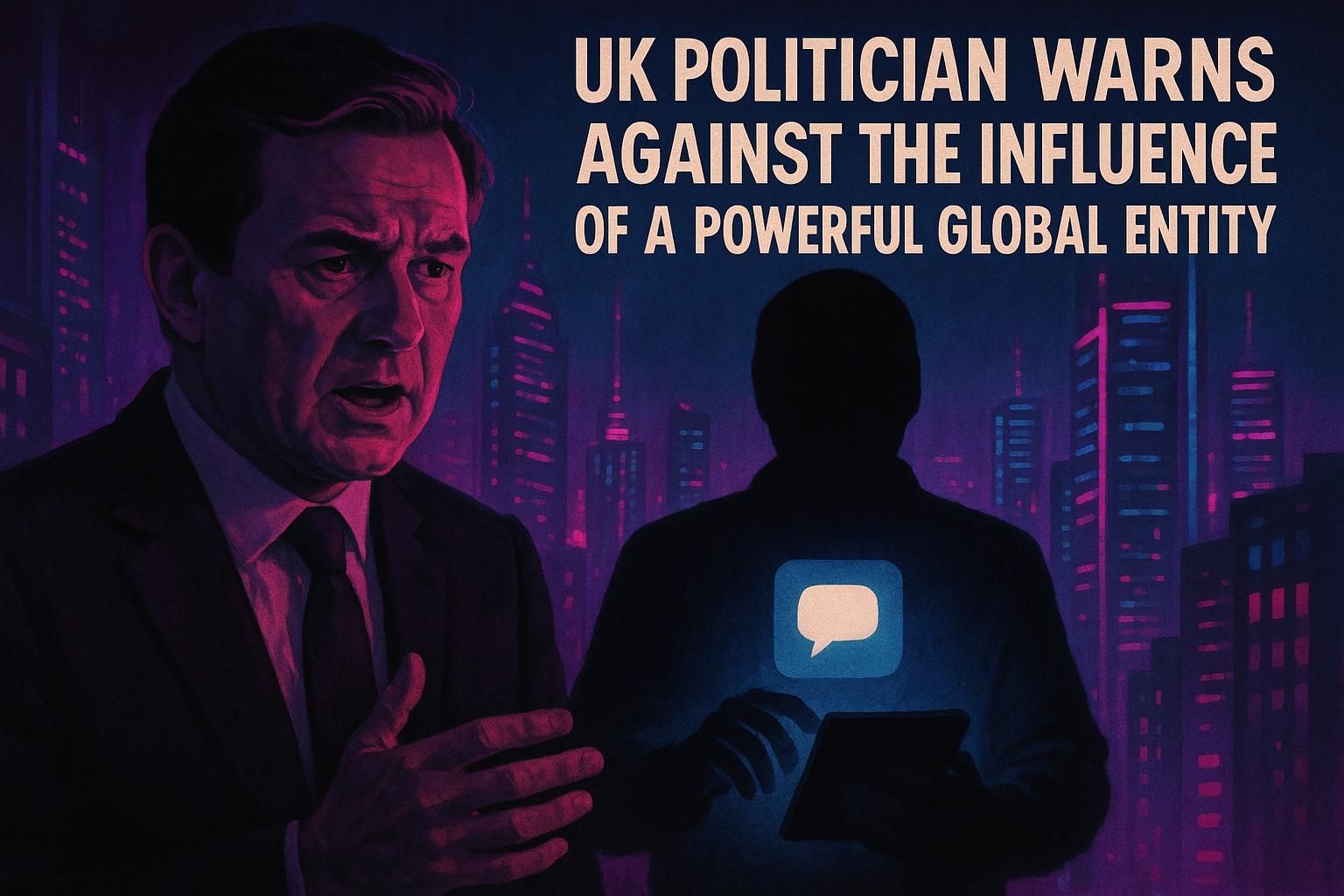Ed Miliband, the UK Energy Secretary, has launched a forceful critique of Elon Musk, urging the billionaire entrepreneur to "get the hell out of our politics and our country." Miliband's intervention, made at the Labour Party conference in Liverpool, reflects deeper tensions over the influence exerted by Musk on UK political discourse, particularly regarding the country's energy policy and broader political stability. Emphasising the critical nature of the UK’s commitment to a sustainable energy future — highlighted by recent government actions such as the ban on fracking and the Fair Work Charter for renewable energy workers — Miliband framed Musk’s involvement as deeply disruptive. He accused Musk of standing alongside political figures and movements that seek to undermine community cohesion and progress on climate issues, directly linking Musk to Nigel Farage and his Reform UK party.
Miliband’s remarks come amid heightened political friction following Musk's controversial public statements. The Tesla and X (formerly Twitter) owner has been accused of inciting violence and calling for the overthrow of the UK government, comments that Miliband described as "dangerous." Speaking at a Labour conference fringe event, Miliband underscored the severity of Musk’s rhetoric, stating, “He calls for the overthrow of our government,” while also warning that Musk fuels disinformation through his social media platform X. This aligns with growing concerns within the UK political class about Musk's attempts to meddle in the country’s internal affairs, particularly through his vocal criticism of Prime Minister Keir Starmer and support—at least until recently—for far-right figures like Nigel Farage.
The relationship between Musk and Farage has notably soured in recent months. After previously seeming to back Farage, including appearing with him in public, Musk has recently urged Farage to resign as leader of Reform UK, criticizing his leadership. This sudden withdrawal of support followed Farage distancing himself from Musk’s comments supporting controversial activists such as Tommy Robinson, further illustrating the fraught nature of Musk's political alliances in the UK. Farage’s Reform UK party, which garnered 4.1 million votes and five parliamentary seats in the last national election, remains a focal point of debate over the impact of external billionaires on British politics. Reports suggest Musk has even considered donating up to $100 million to Reform UK, a move that has ignited calls for stricter regulations on political donations to prevent foreign or corporate interference.
Government and political leaders across party lines have taken a stand against Musk's interventions. UK Health Minister Wes Streeting has defended Prime Minister Starmer and his cabinet against Musk’s accusations, while Liberal Democrat leader Sir Ed Davey has called for Musk to be held accountable, condemning him as an "over-powerful billionaire US tech magnate." The concerns extend beyond individual rhetoric to broader questions about the integrity of the UK’s political processes. The Electoral Commission has urged reforms to tighten political donation laws after Musk's reported potential support for Reform UK, raising alarms about loopholes that might enable foreign influence through corporate donations.
Miliband’s sharp denunciation marks a break from more cautious government responses to Musk’s provocations. He characterised Musk not only as a disruptive foreign figure but also as a key player in a global network intent on "destroying the ties that bind our communities and our way of life." While Tesla’s application for an energy supply licence in the UK progresses through regulatory channels, Miliband acknowledged the need to let proper processes unfold but made clear his hostility toward Musk’s political posturing. His commitment to sustainable energy policies remains firm, promising to enforce a full ban on fracking, a move designed to protect the UK's transition toward renewable energy and shield consumers from rising bills.
In summary, Ed Miliband's public confrontation with Elon Musk encapsulates a broader struggle within the UK over the influence of wealthy tech entrepreneurs on national politics and energy strategy. This episode highlights the increasingly complex intersection of business interests, political ideologies, and social media power in shaping the UK’s future, particularly as the government pushes ahead with progressive environmental reforms. The escalating tensions underline a pushback from established political figures against what they perceive as external interference that threatens both democratic governance and vital policy objectives.
📌 Reference Map:
- Paragraph 1 – [1], [4], [6]
- Paragraph 2 – [3], [6]
- Paragraph 3 – [2], [5]
- Paragraph 4 – [2], [7], [5]
- Paragraph 5 – [4], [6], [1]
- Paragraph 6 – [1], [3], [6]
Source: Noah Wire Services
